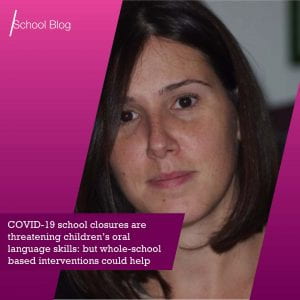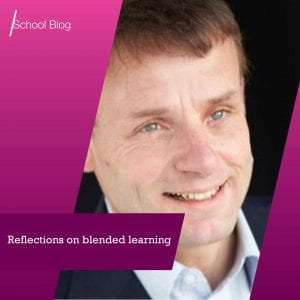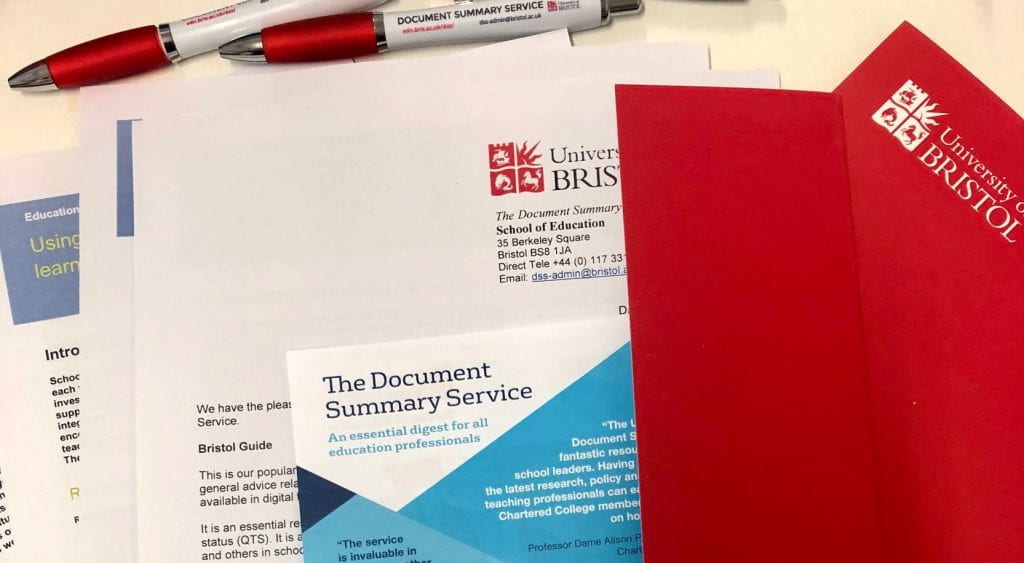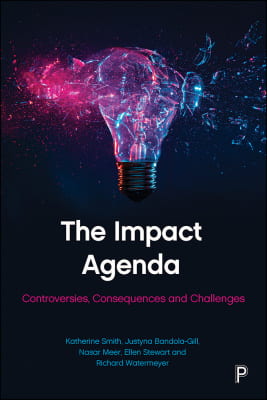 Oral language skills are critical for learning, and they matter now more than ever, writes Dr Ioanna Bakopoulou, SoE, University of Bristol
Oral language skills are critical for learning, and they matter now more than ever, writes Dr Ioanna Bakopoulou, SoE, University of Bristol
Capabilities such as vocabulary knowledge, narrative skills and active listening are foundational for young children’s learning. Developed both at home and in school, these capabilities are known as oral language. Oral language is essential for young children’s learning, in particularly their literacy development and their ability to access the curriculum.
Oral language skills have always mattered, but they matter now more than ever. (more…)




 Blog post by Claire Lee and Lucy Wenham, School of Education, University of Bristol
Blog post by Claire Lee and Lucy Wenham, School of Education, University of Bristol



